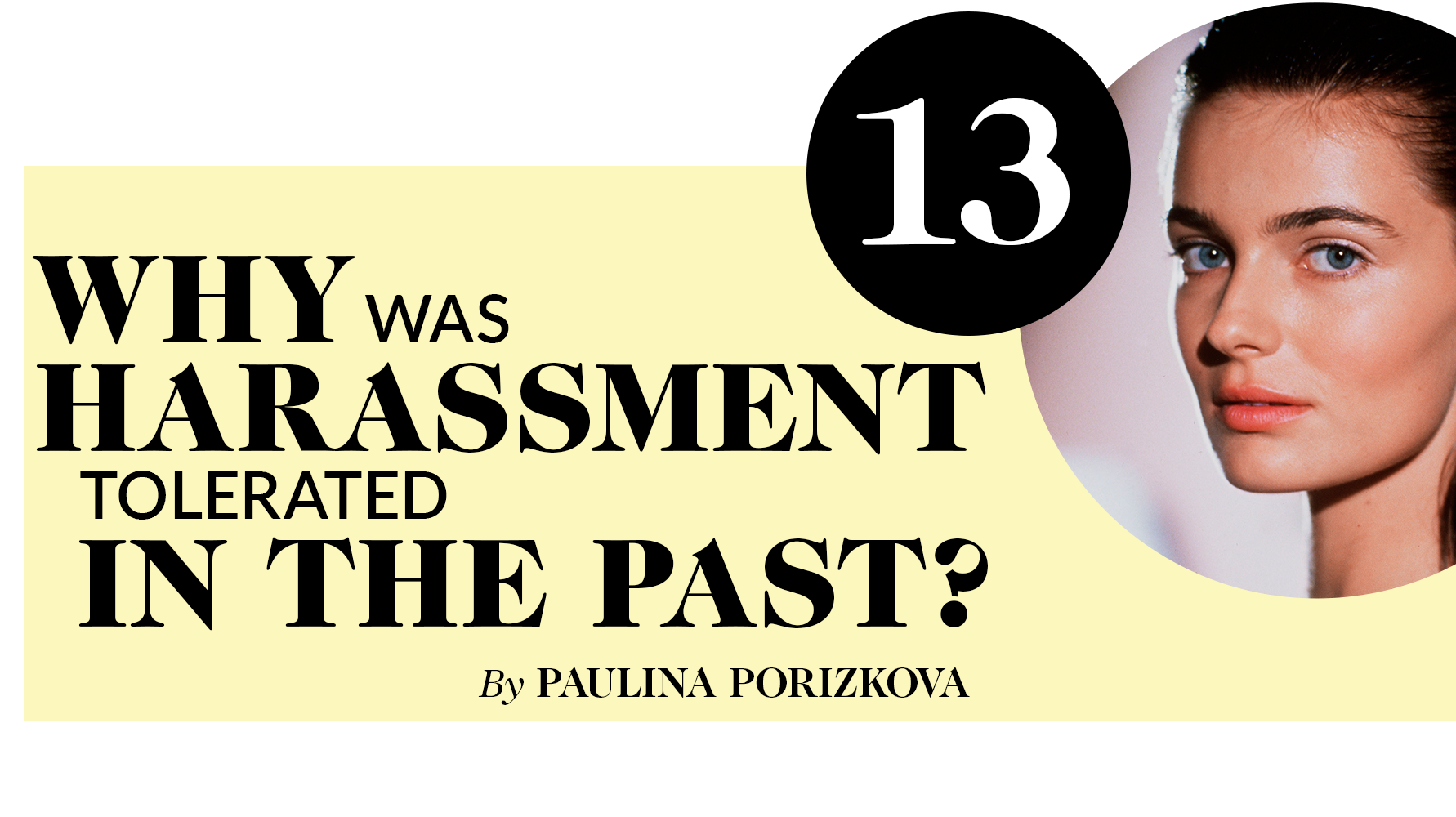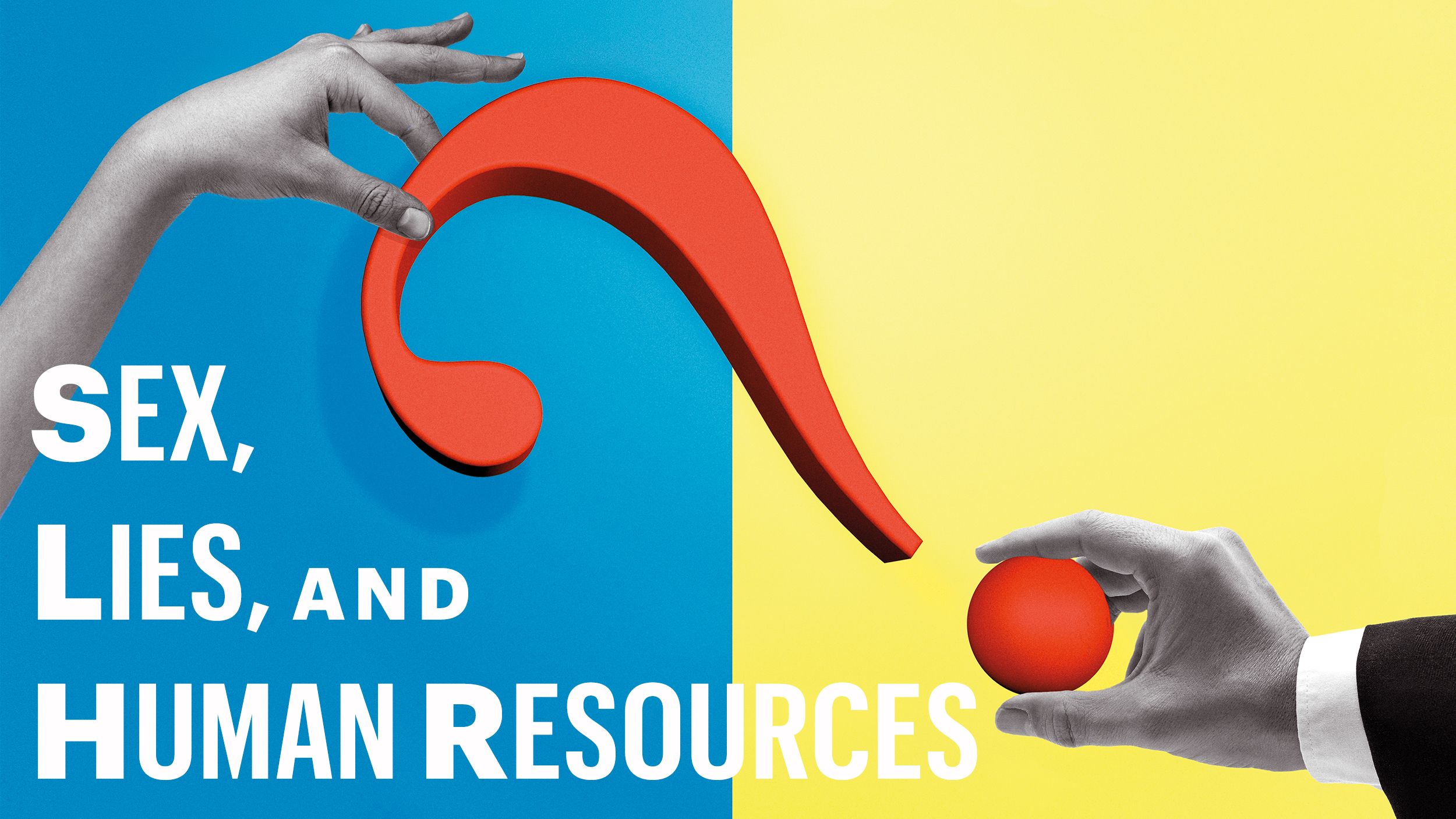When It Comes to Sexual Harassment, Are Whisper Networks Justified?
The informal networks of women giving each other a heads-up about predatory men have long been around. Jessica Valenti takes a look at what they mean in today's world.


Women had informal networks to keep each other safe, and as long as half the population is attacked and harassed with impunity, I’ll support creative efforts to give women a heads-up about potentially dangerous men. For too long, women have been silenced—by the media who didn’t believe them, by the criminal-justice system that let their abusers go free, and by a culture that blamed them for the violence someone else enacted against them.
The Good
For a lot of us,whisper networks are our only recourse.
The Bad
I’ve heard from men nervous about the anonymity of such networks; they’re concerned about false accusations.

The Ugly Truth
I have a hard time finding empathy for worried men. False accusations are rare. What’s more common is women with credible allegations being disbelieved. Where’s the concern for them?
Women have been afraid—rightly so—for decades. Given how much abuse and harassment is tied to entitlement, perhaps the problem is that men haven’t been afraid enough.
The truth is whisper networks were never meant to be the end-all solution for harassment and abuse; they’re triage.We just want to stop the bleeding. And no matter the critiques,these lists seem to be working. Though the most famous list that made its way around media circles, “Shitty Media Men,” wasn’t meant to be public, enough people saw it that many of the men listed have since been fired. Not without cause, not without proof—the list was a first step that sparked investigations.
Of course anonymous lists aren’t the best way to get justice for victims. Of course women should be able to use the systems implemented by workplaces, the courts, and the government. But we know the reality is much more somber: These institutions have failed women again and again. Until the systems we have in place protect women, women will protect themselves however they can.
Get exclusive access to fashion and beauty trends, hot-off-the-press celebrity news, and more.
Jessica Valenti founder of Feministing.com and author of Sex Object.


This package appears in the March issues of Esquire and Marie Claire.
Jessica Valenti is a columnist and author of five books on feminism, politics, and culture. Her latest book, Sex Object: A Memoir, was a New York Times bestseller. Valenti is also editor of the ground-breaking anthology Yes Means Yes: Visions of Female Sexual Power and a World Without Rape and the founder of Feministing.com, which Columbia Journalism Review called “head and shoulders above almost any writing on women’s issues in mainstream media.” She has a Master’s degree in Women’s and Gender Studies and lives in Brooklyn with her husband and daughter.
